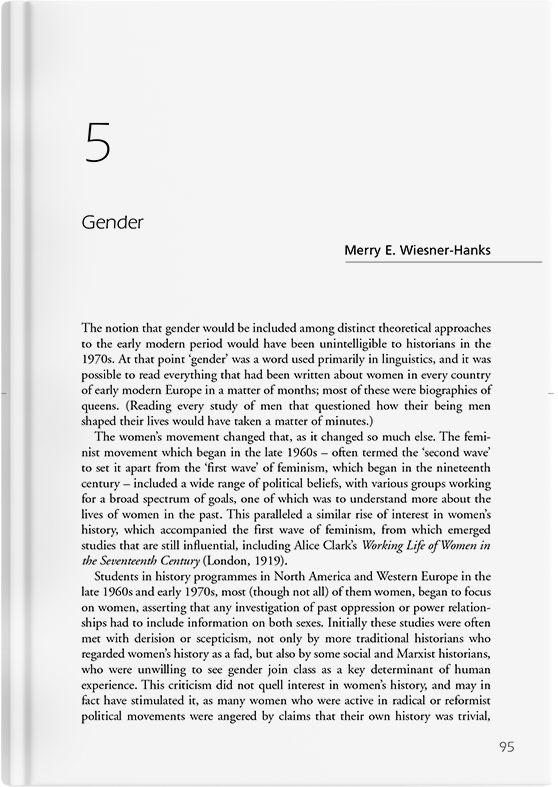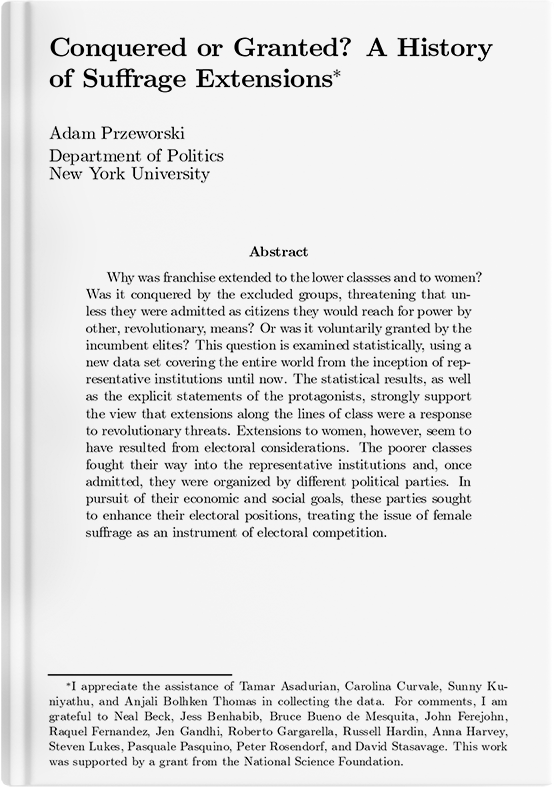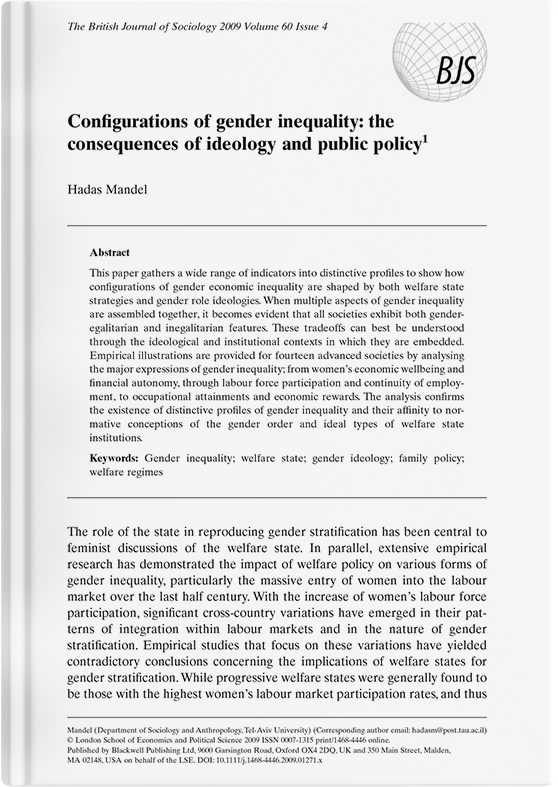Gender in Approaching Early Modern History
The evolution of gender as a category of analysis in the study of early modern history reflects significant shifts in historiographical approaches since the 1970s. Initial resistance from traditional historians to the incorporation of women’s history has transformed into broader inquiries into gender, characterized by the distinction between biological sex and socially constructed gender roles. …




